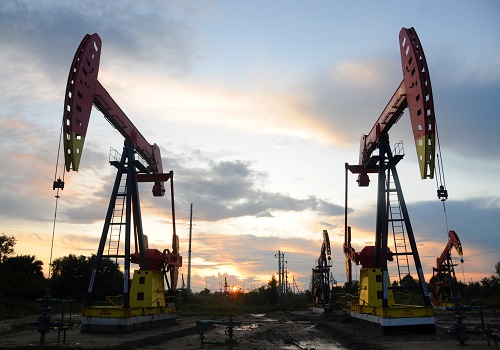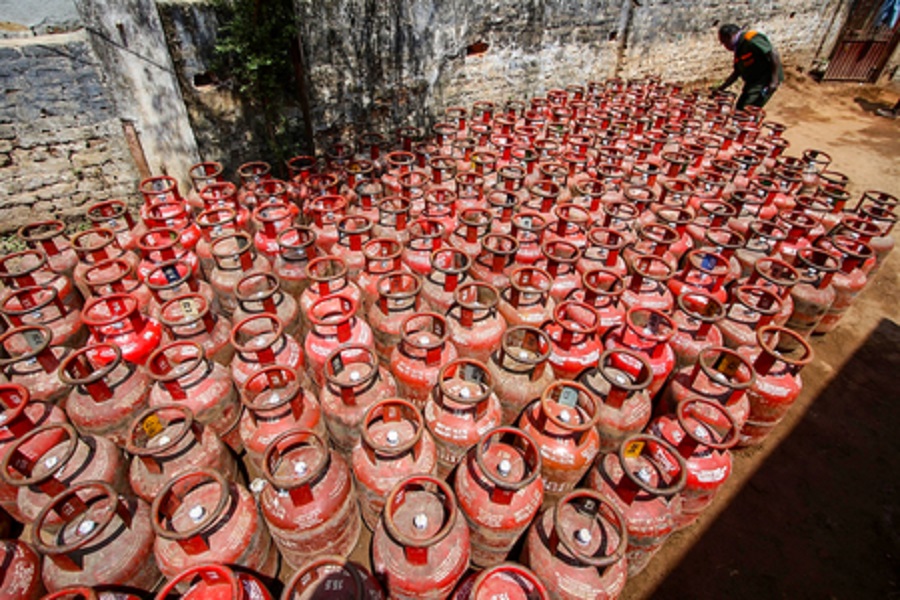Softer commodity prices bode well for India`s growth prospects & macro stability!

Prices of cyclical commodities including oil, copper and aluminium have softened after rising in H1 2024. For example, crude oil and copper have fallen almost ~15% and ~18% respectively from their Year to Date highs. Record high production in USA and proposed withdrawal of output cuts from OPEC+ has kept oil prices close to levels seen at the start of the year, despite continuing geopolitical tensions in the Middle East. Meanwhile weak demand from China, due to the ongoing housing market slowdown, has helped keep a lid on industrial metal prices. As India is a large commodity importer, the ongoing environment of benign commodity prices bodes well for growth prospects & macro stability.
USA is the largest producer of crude oil in the world due to the shale revolution. US crude oil production hit a record high of 13.3m bpd as of Aug 9, 2024. This high production level is noteworthy as the total rig count (rigs are used to extract oil & gas) is low by historical standards, indicating increasing efficiency of US oil companies. Moreover in June this year, the Organization of the Petroleum Exporting Countries (OPEC+) decided to scale back certain output cuts it had agreed to earlier. Concerns around higher supply due to these factors have led oil to decline from $90+/bbl in March 2024 to around $77/bbl currently. However, it is worth noting that oil prices are still vulnerable to spikes as tension between Israel & Iran remain high.
China’s housing market has historically been a key demand driver for industrial metals, which are used extensively in the construction and refurbishment of homes. However, the Chinese housing market has remained weak for several quarters. For example, Chinese new home prices fell -0.65% MoM in July 2024, extending their decline to 14 consecutive months (see chart above). Weak prices and sentiment have led to subdued investments in the property sector. Property investment in China fell -10.2% in the first seven months from a year earlier, continuing its weak performance since 2022 (see chart above). The subdued housing market has led to weak demand for industrial commodities and contributed to softer prices.
As commodities remain a large component of India’s total imports, lower commodity prices benefit India by helping reduce the import bill. For example, crude oil and petroleum products accounted for 25.1% and 6.3% of India’s imports over the Apr-May in the current FY. To get a sense of how much lower oil prices can reduce the import bill, it is worth noting that India paid $132.4 billion for crude oil imports in FY24, which was significantly less than the $157.5 billion spent in FY23 when oil prices were higher on average due to the Russia-Ukraine conflict. Lower import bill improves India’s external position and helps keep the rupee stable, all else equal. These factors in turn can reduce local inflationary pressures and aid growth as input costs reduce.
After rising in H1 2024, several cyclical commodity prices including crude oil, copper, aluminium, etc. have corrected from their Year to Date peaks. Robust oil production in the US and potential withdrawal of supply cuts by OPEC+ have led to lower crude oil prices. Meanwhile, persistent weakness in China’s real estate market has led to weak demand and subdued prices for several industrial metals. With crude oil and petroleum products accounting for a large part of India’s imports and India’s import dependency on crude oil still at high levels, recent softness in oil prices is beneficial for reducing India’s total import bill. While it remains to be seen how long the current benign commodity price environment continues, corporate India can benefit in the interim thanks to lower input costs.
Above views are of the author and not of the website kindly read disclaimer






.jpg)

















